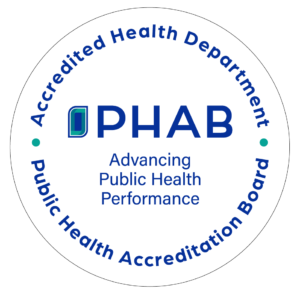Click here to read the FAQ’s on Implementing a Mandatory Milk Testing Program for Maryland Dairies
What is Avian Inlfueza:
Avian Influenza (also called Bird Flu) is a disease caused by certain flu viruses that usually spread between birds, not people. Infected birds can spread the virus through their mucous, saliva or feces. People rarely get bird flu, but when they do, it’s most often through direct unprotected contact (no gloves, protective wear, facemasks, respirators or eye protection) with infected birds.
Types of birds that can be sick with Bird Flu:
Wild Birds: Ducks, geese and swans, and shorebirds, like storks.
Poultry: Chickens and turkeys. *If you have poultry, your birds can get bird flu if they have contact with infected wild birds or share food, water sources and other environments with them.*
Infected birds can shed avian influenza A viruses in their saliva, nasal secretions, and feces. Susceptible birds become infected when they have contact with the virus as it is shed by infected birds. They also can become infected through contact with surfaces that are contaminated with virus from infected birds.

How does someone become infected?
People can become infected by breathing virus in droplets in the air or possibly dust, or by touching surfaces contaminated with infected bird mucous, saliva or feces and then touching their eyes, mouth or nose.
Symptoms:
Human illness from bird flu has ranged from no symptoms at all to severe illness, resulting in death. During the 10 days after your last exposure, you should watch for these symptoms:
- Fever (Temperature of 100°F [37.8°C] or greater) Feeling feverish/Chills*
- Cough
- Sore throat
- Difficulty breathing/Shortness of breath
- Eye tearing, redness or irritation
- Headaches
- Runny or stuffy nose
- Muscle or body aches
- Diarrhea
*Fever may not always be present.
It is important to watch for symptoms and call your medical provider if you have any questions or concerns or if you need further medical care.
To learn more about Avian Influenza, please see the resources below:
- What To Know About Bird Flu
- Influenza A (H5NI) and Other ‘Bird Flu’ Viruses Frequently Asked Questions
- Maryland Department of Agriculture (MDA) Animal Health Program
- CDC Page on Avian Influenza
- USDA Page on Avian Influenza
Information for Poultry Owners:
Backyard Flock Information:
Watch the Public Health Matters Episode on Avian Flu below!


